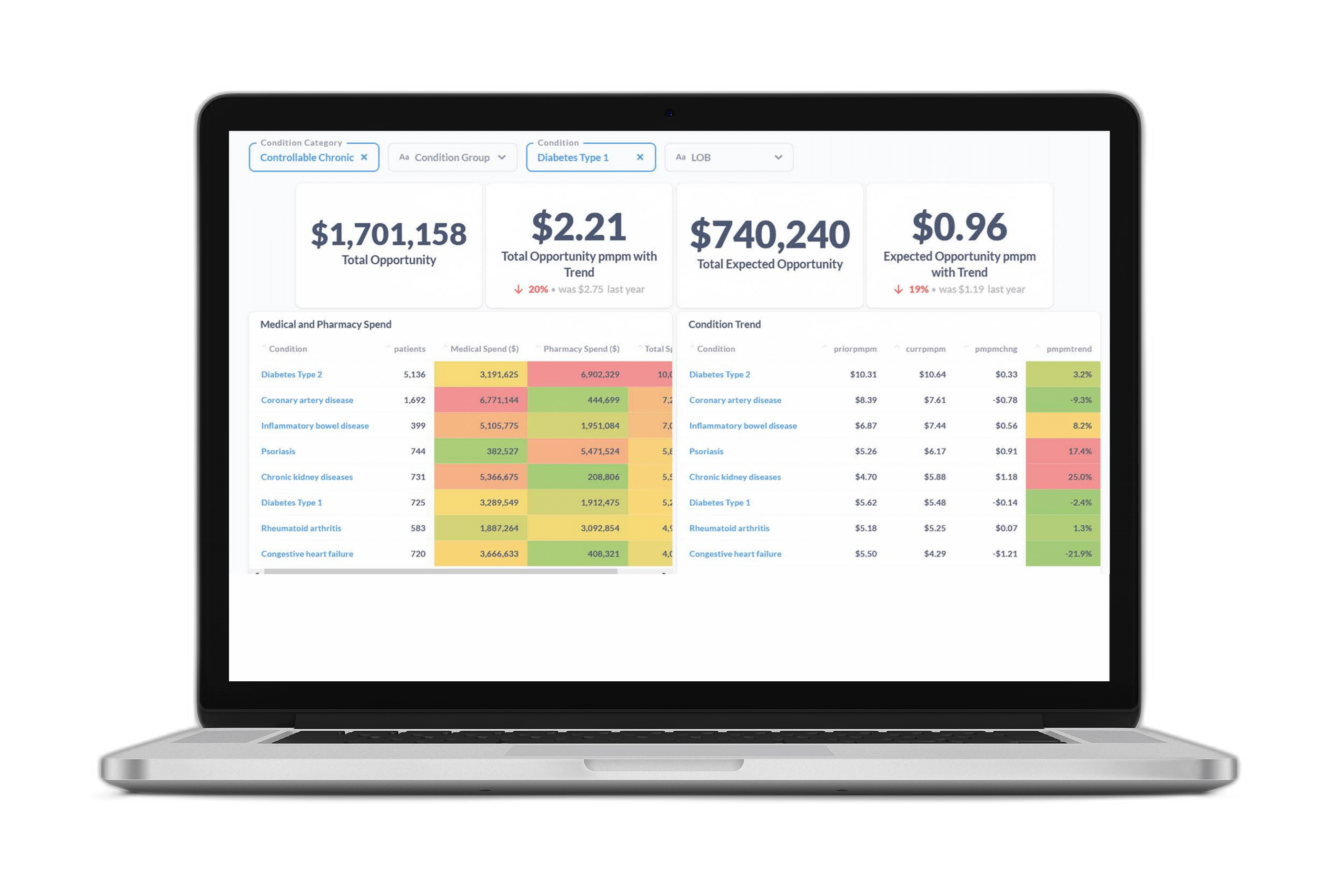This past year brought radical shifts to traditional care pathways, digital health and wellness, and efforts to break down social barriers to care.
As we say goodbye to 2021, our experts are looking ahead by laying out what will be top of mind for healthcare leaders in 2022.
Jessica Kinnick, Senior Vice President, Client Deployment & Adoption:
Customers and healthcare predictive analytic vendors have found new ways to collaborate in the post-pandemic environment. The digital alternatives that were necessary in 2020 and 2021 will continue to offer value, efficiency, and an overall better customer experience in 2022. Successful companies should strive to offer solutions that meet emerging client needs including in-person, digital, and self-service alternatives.
Rob Dwyer, Chief Data Scientist:
In 2022 we’ll see a big shift in focus toward data. At Certilytics, we are consumers of data; aggregators, organizers, and enhancers of data; and ultimately vendors of data in the form of analytics.
Consolidation is a perennial theme in healthcare at every level, and this affects data as well. Staying ahead of market trends will mean finding a greater variety of data sources, training measures and models not only to use new data sources but also to be resilient to data incompleteness, and finding ways to monetize data streams in new ways, whether that’s helping our own clients sell their data or turning our own analytic engines into bite-sized APIs to broaden our base of end users.
Andrew Ottum, Executive Vice President:
The pandemic has propelled social determinants of health from an abstract topic of conversation into strategic investments aimed at improving healthcare access and reducing the total cost of care. In 2022, these investments will become a top priority, particularly in regard to data analytic tools that enable healthcare organizations to not just quantify and predict SDOH risk, but demonstrate the best ways to mitigate that risk.
The pandemic has also underscored the importance of personalized care strategies that meet a member with the right resource at the right time. Traditional analytic tools often leave healthcare organizations reacting to high-cost, avoidable events rather than preventing modifiable risk. Healthcare leaders will continue to invest in advanced predictive tools that enable treatment pathways tailored to a member’s specific healthcare needs and preferred outreach methods.
If you’re interested in learning more about our AI-enabled approach, contact us for a free consultation with our team of experts.









